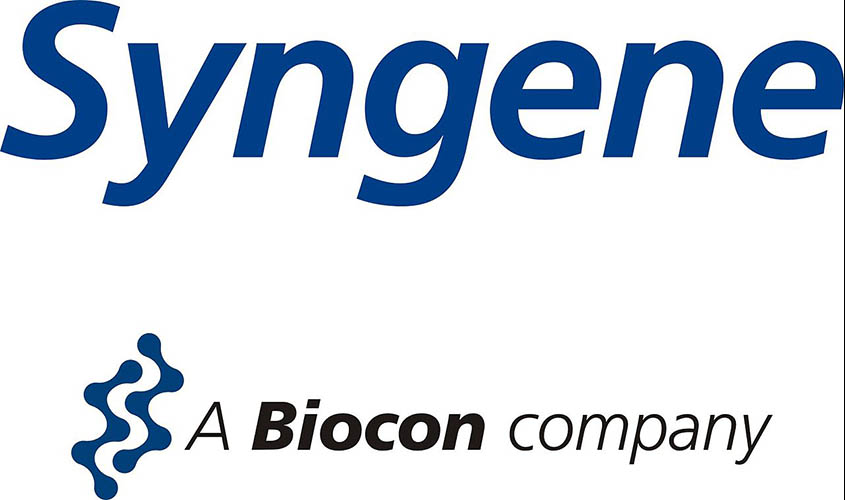Greater focus on research and development innovation and environment is seen as a key driver for delivering economic growth. According to a World Economic Outlook Report published by the International Monetary Fund a few months ago, the global economy is expected to grow by 3.9% in 2018, compared to 3.7% last year. One can check the competitiveness of the country’s economic growth by checking the ratio of gross domestic expenditure on research & expenditure as a percentage of Gross Domestic Product. Global research and development investments are expected to increase by over 4.14% in 2018 to US$2.19 trillion on a Purchasing Power Parity (PPP) basis compared to 3.4% growth as of last year. The life sciences industry continues to be one of the major investors in research and development and is expected to account for more than US$180 billion in 2018, growing at about 4% per year. Life sciences research and development involves the development of pharmaceuticals, biotech products, agricultural products, medical devices and animal testing and research. Even though there will be increasing focus on investment in research and development across both the life sciences and non life sciences sectors, there are going to be huge ongoing challenges in improving the return on investments. These are often brought about through a combination of pricing pressure with a need to invest in new capabilities to keep pace with advances in technology and heightened regulatory scrutiny, which have resulted in increase of duration, cost and complexity of conducting research into new products. As these cost and complexities of developing new therapies continue to rise, companies across the world are looking to collaborate with integrated Contract Research Organisations (CROs) such as Syngene International that have the scale, technology and expertise to bring efficiency into the discovery of fresh research and development process. Syngene International is an innovation focused global discovery, development and manufacturing organisation, providing integrated services to the pharmaceutical, biotechnology, nutrition, animal health, consumer goods and speciality chemical industries across the world. The company has made significance progress this year in making the GSK collaboration operational, where a dedicated team of Syngene scientists continue to work closely with GSK’s global research and development team in accelerating drug discovery, using Syngene’s services platform. Similarly, Baxter Health Care also extended their multi-year agreement with Syngene to expand its ongoing collaboration for Baxter Global Research Centre until 2024. This will see an expansion as well as setting up of new infra facilities and upgrading laboratory space for future growth. Recently, in a significant regulatory development, Syngene cleared a USFDA inspection successfully. The company is well poised to capture opportunities in the global CRO space on the back of strategic outsourcing by global companies in the backdrop of structural challenges. The Syngene International stock, currently quoting at Rs 580, can be bought for a price appreciation target of Rs 725 in a one-year time horizon.
Rajiv Kapoor is a share broker, certified mutual fund expert and MDRT insurance agent.

